A clinical trial led by NCI has resulted in FDA approval of the immunotherapy drug atezolizumab (Tecentriq) to treat advanced alveolar soft part sarcoma.
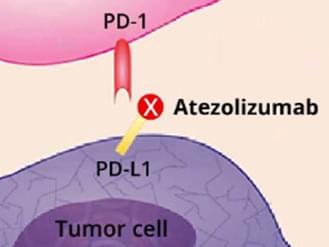

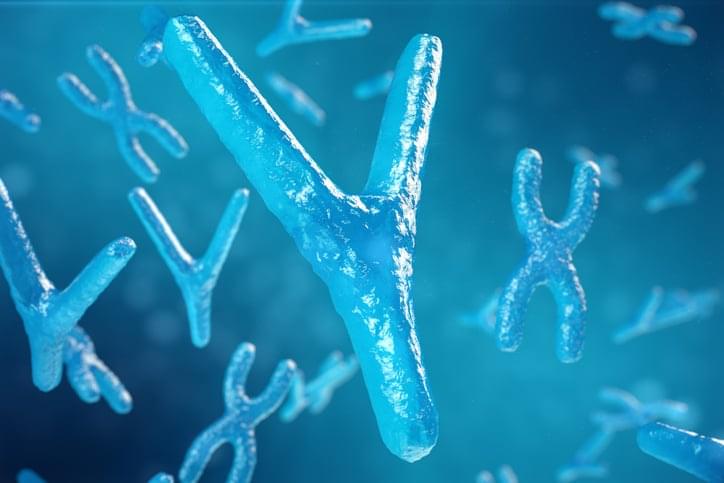
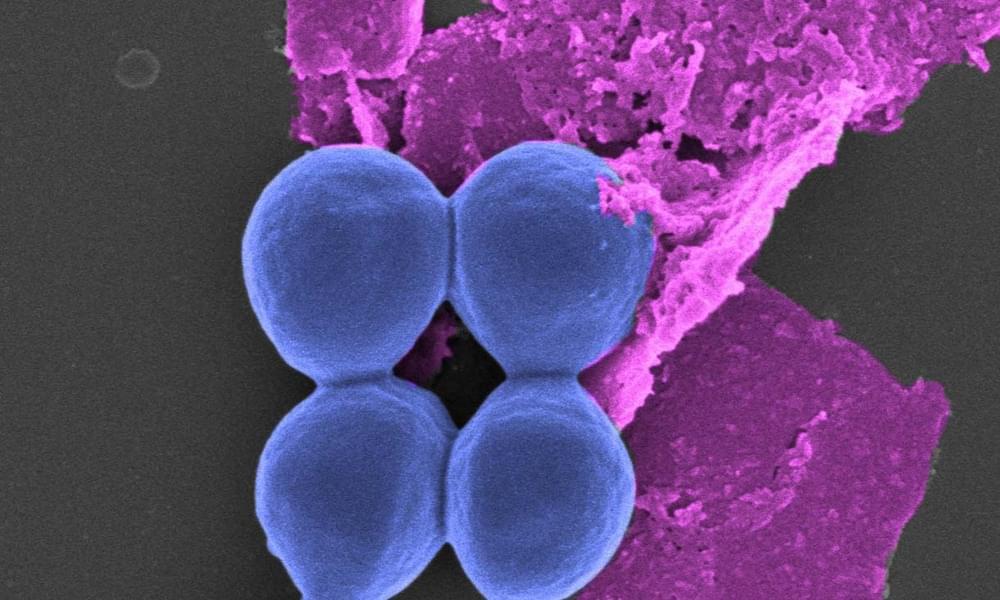
The innovation – which has undergone advanced pre-clinical trials – is effective against a broad range of drug-resistant bacterial cells, including ‘golden staph’, which are commonly referred to as superbugs.
Antibiotic resistance is a major global health threat, causing about 700,000 deaths annually, a figure which could rise to 10 million deaths a year by 2050 without the development of new antibacterial therapies.
The new study led by RMIT University and the University of South Australia (UniSA) tested black phosphorus-based nanotechnology as an advanced infection treatment and wound healing therapeutic.
Results published in Advanced Therapeutics show it effectively treated infections,… More.
Researchers have invented a nano-thin superbug-slaying material that could be integrated into wound dressings to prevent or heal bacterial infections.
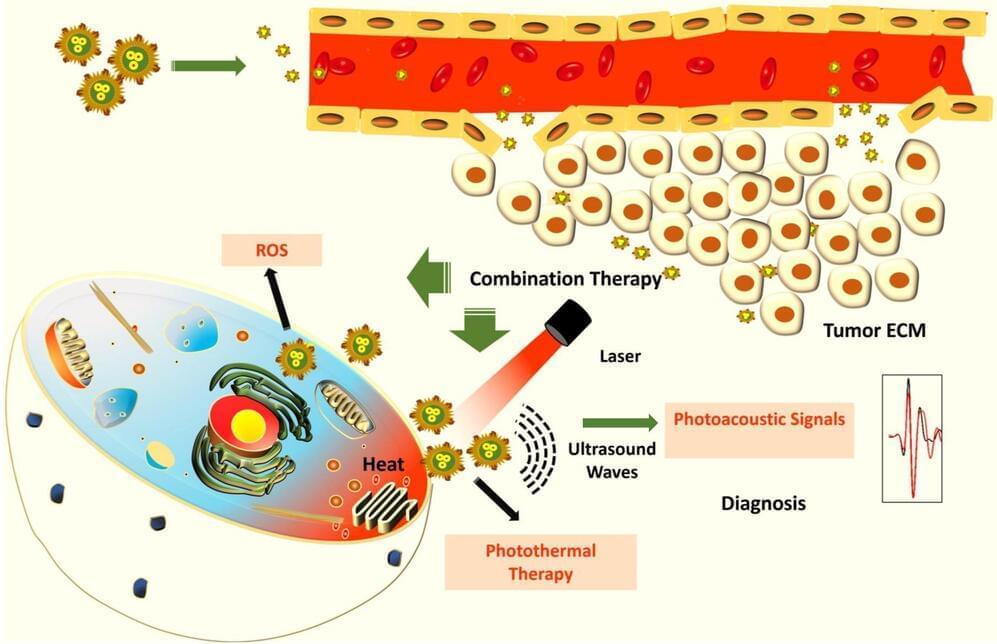
Scientists at the Indian Institute of Science (IISc) have developed a new approach to potentially detect and kill cancer cells, especially those that form a solid tumor mass. They have created hybrid nanoparticles made of gold and copper sulfide that can kill cancer cells using heat and enable their detection using sound waves, according to a study published in ACS Applied Nano Materials.
Early detection and treatment are key in the battle against cancer. Copper sulfide nanoparticles have previously received attention for their application in cancer diagnosis, while gold nanoparticles, which can be chemically modified to target cancer cells, have shown anticancer effects. In the current study, the IISc team decided to combine these two into hybrid nanoparticles.
“These particles have photothermal, oxidative stress, and photoacoustic properties,” says Jaya Prakash, Assistant Professor at the Department of Instrumentation and Applied Physics (IAP), IISc, and one of the corresponding authors of the paper. Ph.D. students Madhavi Tripathi and Swathi Padmanabhan are co-first authors.
In the 1939 neuroscientists began cutting living human brains in two in order to treat certain types of epileptic seizures. Subsequent experiments on those patients gave science an unnerving window into the nature of human consciousness. It turns out that there might be more versions inside of your own brain than you might be comfortable with.
#splitbrain #consciousness #malcovich #neuroscience.
https://landing.mailerlite.com/webforms/landing/h1g1p6
LINK LINK LINKS
Split brain behavioral experiments (Video of Joe)
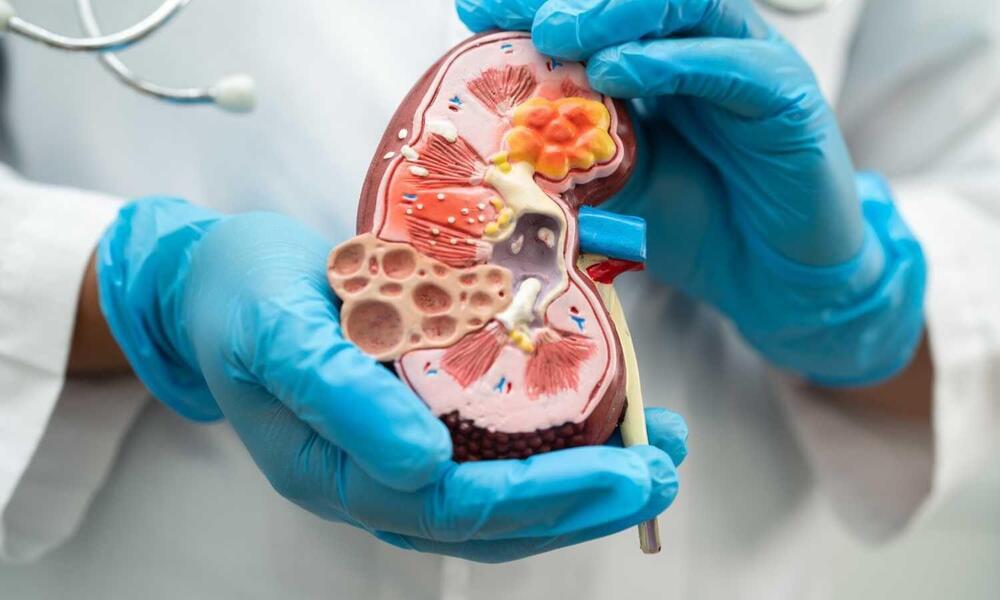
Netherlands: The use of proton pump inhibitors (PPI) among kidney transplant recipients may lead to severe fatigue, fatigue severity, and lower mental and physical health-related quality of life, a new study has suggested. The study was published online in the American Journal Of Kidney Diseases.
Proton pump inhibitors (PPIs) are commonly prescribed medications for the management of acid-related gastrointestinal disorders.
Tim J. Knobbe and colleagues aimed to investigate the potential association between PPI use and fatigue as well as health-related quality of life among 937 kidney transplant recipients. Participants were at least one-year post-transplantation and were enrolled in the TransplantLines Biobank and Cohort Study.

Human curiosity remains an irreplaceable element in scientific exploration and discovery. Despite the impressive capabilities of AI, it is human curiosity that drives new ideas, inspires new directions in research and development, and leads to a constant stream of innovation and discovery. We must continue cultivating and nurturing human curiosity to ensure scientific advancement and discovery progress.
Combining AI and human curiosity can lead to even more outstanding results. Although AI may eventually improve and replicate certain aspects of human curiosity, interest is an integral part of being human and is necessary for scientific progress. In the future, AI and human curiosity will work together in a complementary way to achieve even more impressive scientific discoveries.
Some argue that AI still needs to gain common sense, creativity and a deep understanding of the world that humans possess. Human curiosity drives researchers to ask questions, seek new knowledge and explore new ideas, which is essential for advancing AI research. Human expertise and creativity are also critical for developing effective responses to crises like the Covid-19 pandemic. While AI can replace some tasks, it cannot replace human problem-solving skills. Therefore, combining the strengths of AI and human curiosity is necessary to achieve outstanding results in scientific pursuits.
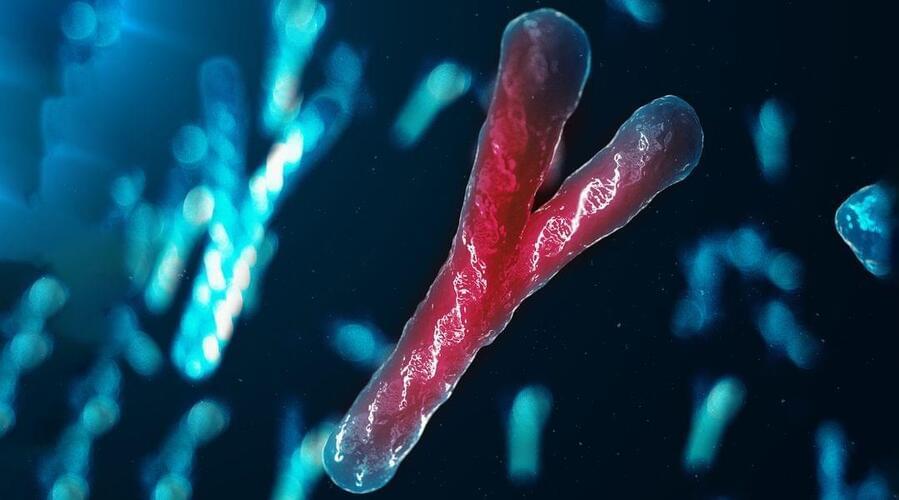

A patient at the Galilee Medical Center in Nahariya had his life saved thanks to an AI warning of intracranial bleeding. According to Israel Hayom, the resident of the city is a 50-year-old man who came in for a routine CT scan.
The reason for the scan was due to him complaining of strong headaches for a long period. Normally, the results of the CT scan would take several weeks before becoming available. However, due to an alert by the AI-based program in-house, it warned that the patient may have been experiencing intracranial bleeding.
Once alerted by the AI, doctors rushed to call the man to return to the medical center. Thankfully, the man was nearby and came right back. He was then operated on by staff who found the bleeding, saving his life.
